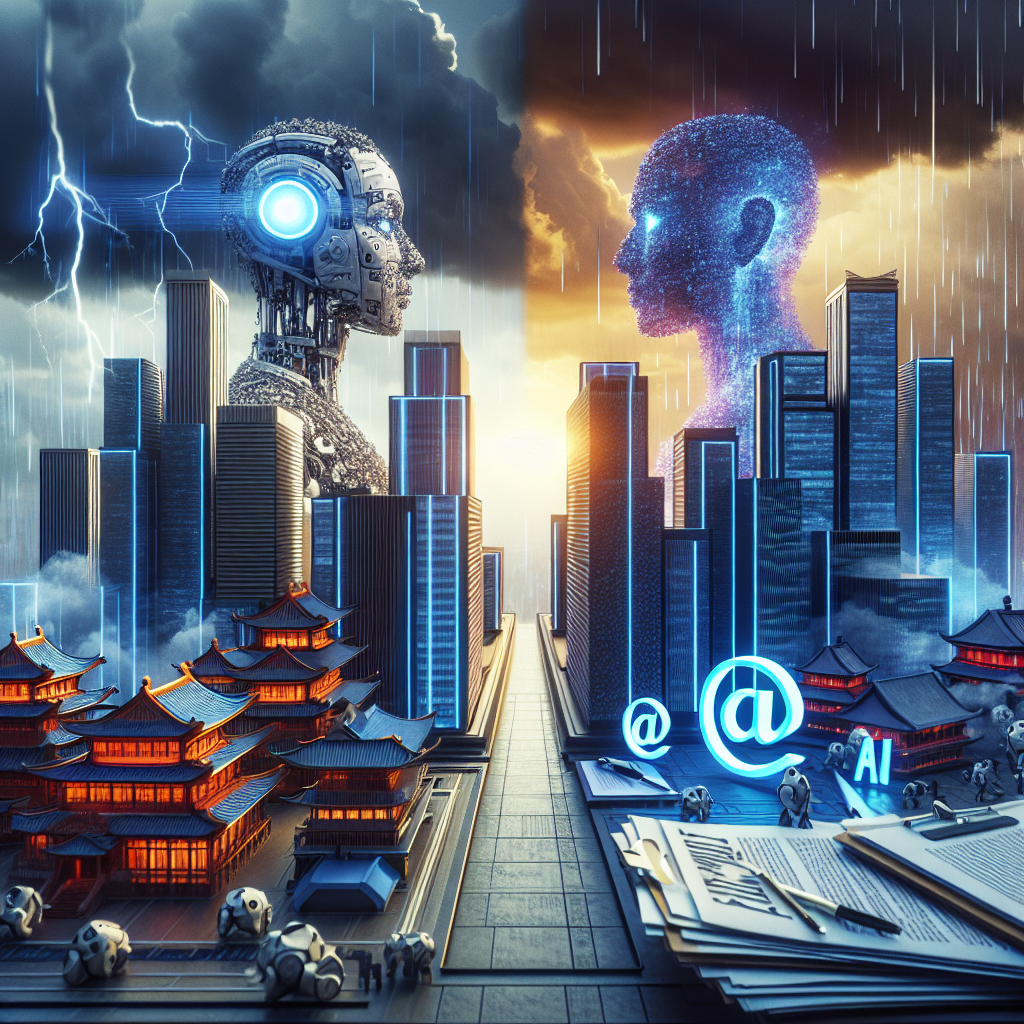Hollywood Studios Unite Against AI Copyright Infringement
In a move that underscores growing tensions between traditional media companies and the rapid advancement of artificial intelligence technologies, three of the entertainment industry’s biggest players—Disney, Universal Pictures, and Warner Bros. Discovery—have filed a joint lawsuit against MiniMax, a China-based AI startup. The lawsuit, filed on September 16, 2025, accuses MiniMax of violating copyright laws by allegedly using proprietary film and television content to train its AI systems without permission.
MiniMax: The AI Startup in the Spotlight
MiniMax, an artificial intelligence company rapidly expanding in Asia and increasingly making its mark on global tech stages, has been facing scrutiny over the source material used to develop its large-language and multimodal models. The company’s tools are said to have leveraged vast data sets, including scripts, scenes, visuals, and character assets allegedly pulled from studio libraries without authorization.
The lawsuit represents the second such action filed in recent months, reflecting a broader trend in which content creators and rights holders are pushing back against AI developers perceived to be exploiting copyrighted materials without compensation or licensing agreements.
What the Studios Are Claiming
According to legal filings:
- Disney, Universal, and Warner Bros. Discovery assert that thousands of hours of proprietary content were fed into MiniMax’s training processes.
- The material used allegedly includes entire films and TV episodes, iconic character visuals, and complex plots and dialogue that fall under strict copyright protections.
- The plaintiffs seek injunctive relief to halt further use of their content, along with compensatory damages for previous violations.
The lawsuit notes that AI outputs generated by MiniMax’s products bear marked resemblance to copyrighted works across several franchises—including character lookalikes and plot similarities.
Hollywood’s Pushback Against AI
The legal action comes at a time when studios are increasingly wary of the role AI plays in devaluing creative labor and distributing bootleg content. Industry stakeholders argue that generative AI tools—if trained on copyrighted materials—essentially bypass the economics of licensing, royalties, and intellectual property protections.
Many believe the studios’ lawsuit could set a critical legal precedent that will shape how copyrighted content is treated in AI training, development, and commercial use.
Why This Lawsuit Matters
This suit is more than a simple copyright case—it is poised to be a landmark in the ongoing debate over the ethical and legal boundaries of artificial intelligence. If the studios win, it could:
- Force AI developers to create more transparent datasets.
- Compel companies to pay for the use of copyrighted materials.
- Encourage stricter international IP enforcement, especially in cross-border cases.
What This Means for the Entertainment Industry
The rise of generative AI and deep learning models poses a critical threat—and opportunity—for media companies. Hollywood studios are increasingly exploring how to incorporate AI into their own workflows, from script generation to special effects. However, they’re also wary of AI’s capacity to replicate and redistribute their content without legal clearance.
By taking legal action, Disney, Universal, and Warner Bros. Discovery are also signaling a firm boundary against what they perceive as unchecked AI usage threatening their business model.
International Legal Complexities
Bringing a Chinese company like MiniMax to court presents jurisdictional challenges. Historically, enforcing copyright law across borders—particularly in cases involving Chinese entities—has been difficult. However, with intellectual property rights becoming central to US-China trade relations, this case may benefit from diplomatic and legal frameworks already in place.
The studios’ legal approach may involve not only U.S. courts, but possible collaboration with international bodies to seek restitution or negotiate settlements.
The Broader AI Industry Response
This latest lawsuit echoes similar concerns raised by authors, artists, and news organizations. OpenAI, Google DeepMind, and other players have also faced public scrutiny and legal challenges over the materials used to train their algorithms.
Tech experts and developers are watching the outcome closely, as a court ruling against MiniMax could shift how AI datasets are assembled and monetized worldwide.
Looking Ahead
As Disney, Universal, and Warner Bros. Discovery double down on protecting their intellectual property, industry observers expect more companies to follow suit. Meanwhile, lawmakers around the globe are under pressure to address the regulatory gray areas where AI innovation and copyright protection collide.
The future of AI and intellectual property may very well hinge on the outcome of this case—and so, too, might the relationship between Silicon Valley and Hollywood.
Stay tuned as this legal battle unfolds and potentially reshapes the terms under which creativity and machine learning coexist.



Leave a Reply